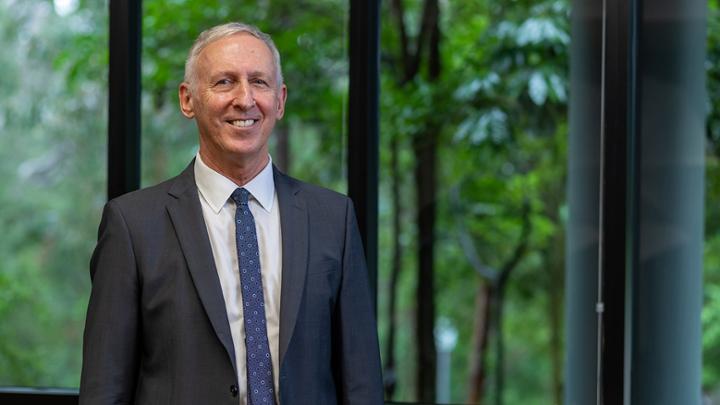
As we approach the time of year when the UVic Board of Governors decides whether or not to raise tuition, we’re asking UVic not to pass on the costs of the pandemic to students. But more importantly, we’re asking that UVic stop making their budget decisions without meaningful consultation with the student body.
When it comes to budget decisions, how are UVic students meant to have their voices heard? In a recent town hall, not all students have the chance to send in nice, prerecorded questions to the president — only those affiliated with the UVSS did. On top of that, students are unable to organize and protest when the board of governors meetings are live streamed. The switch to online has stripped almost any chance of organizing against decisions we do not agree with.
The data we do have shows that students do not feel online classes are the same value as in-person classes. Of the over 400 students who responded to a Martlet survey in May 2020 about UVic’s COVID-19 response, over 100 wrote in their long answer responses that the university should lower tuition.
UVic hasn’t made any decisions yet, but we can take UBC as an example. The Tyee reported that UBC plans to raise tuition next year by two per cent for all domestic students, two per cent for continuing international students, and four per cent for all new and unclassified international students. Before making a final decision on tuition rate increases, UBC held student consultations to hear opinions on the increase of tuition. Although ultimately the UBC Board of Governors have the final say, there was still the chance for students to have their opinions and voices heard.
The pandemic has certainly been costly for universities. Lower international enrollments and less activity on campus have combined to provide a drop in revenue for UVic. UVic says it faces greater costs during the pandemic, but students have, too.
It should not be the responsibility of students to pick up the financial slack of a public institution. Instead of placing an added financial burden on its already cash-strapped students, perhaps UVic’s lavishly paide executives could take a pay cut.
According to the university’s most recent executive disclosure form, its seven highest-ranking executives each got over $250 000 in total compensation last year when salaries, pensions, and benefits were all added up. All but one of them received over $300 000. Over $2 million was paid out annually to only seven employees.
President Jamie Cassels had a base salary of almost $388 000, which is more than the base earnings of Prime Minister Justin Trudeau. This doesn’t include the over $50 000 that Cassels was compensated in the form of benefits and pension payments.
If each of those executives were to take a paycut of 10 per cent, it would supply the university over $200 000 in additional funding. While this is a small chunk of change compared to the $7.7 million that tuition increases brought to the university last year, it would at least distribute the costs of the pandemic more widely.
Young people have lost jobs at a greater rate than other segments of the population. According to the Victoria Foundation 2020 Vital Signs report, 47 per cent of people 30 and under lost work or income during the pandemic — twice the rate of the over-30 population. Many students are struggling more to keep up with the current cost of tuition, much less coping with a raise.
The economic costs faced by students due to the pandemic won’t stop once they’re vaccinated. Past generations of students who graduated into recessions are estimated to have lost about five per cent of lifetime earnings. The economic cost of the pandemic will likely follow the classes of 2020, 2021, and future years for the rest of their lives.
The university will rebound in a few years. Raising tuition will only add on to the already economic hardships students have faced due to the pandemic.







